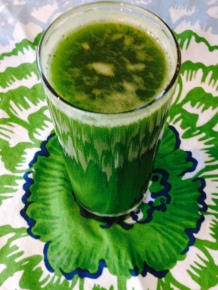Lech Lecha tells the story of the birth of the Jewish people through Avraham’s prophecy. God tells Avram, “I will bless you and make you a great nation.” As Diane Bloomfield taught this week about Lech Lecha, “God is bringing in a radical new creation with different qualities of what it means to be a human being and the potential becoming of a Jewish nation that brings blessings into the world.”
In the parsha, Avraham is sent on a challenging journey to unknown land, despite God’s promise to protect him and Sarah. It is fraught with dangers, famine, and personal challenges. As Yael Shy wrote, the unknowingness of journeys can create unease and fear in oneself, as is true for Avraham. But, as she continued, “God is telling Abraham to stop trying to predict or figure out or gain control of what that which he is not in control.”
His journey is not about where he has been or his previous actions but where he is going and the potential for the future. He’s a baal teshvua: someone who lives in the process of what he can become, not what he did, according to Diane Bloomfield.









